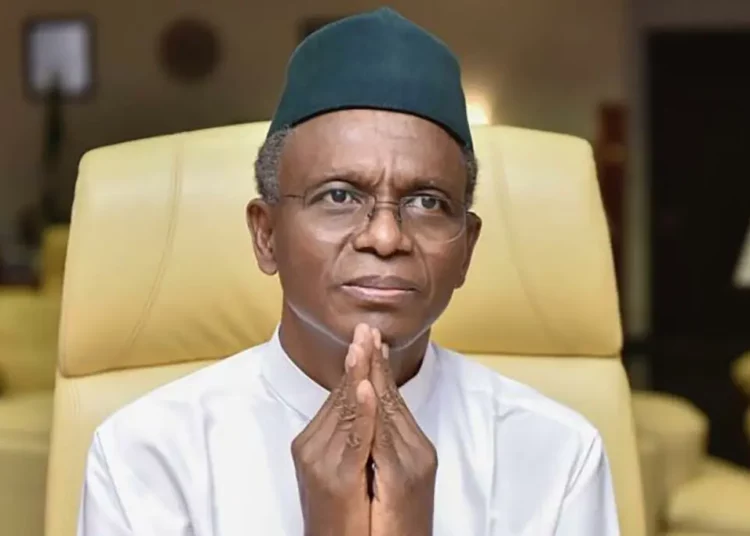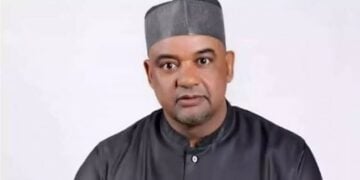Immediate past governor of Kaduna State, Malam Nasir El-Rufai, has said the administration of President Bola Ahmed Tinubu is paying more for fuel subsidy than those before it.
He said though it was too early to judge the administration which is just nine months in office, the government’s lack of adjustment before implementing the fuel subsidy removal policy is making it to pay more than others before it came to power.
El-Rufai urged Tinubu to be humble enough to reverse some of his policies that seem not to be working and as well as sack his appointees who have been seen not to be meeting up to expectations.
He spoke yesterday in Maiduguri, the Borno State capital as the guest speaker at a capacity building workshop on enhancing skills of government officials in policy implementation and productive human resource management for commissioners, chief advisers, senior technical advisers; heads or chief executives of agencies among others.
The workshop was organised by the state government.
He said the fuel subsidy removal was another policy that had been implemented by the president which is a right policy, but in the process of its implementation, the government realised that subsidy had to be back, because “right now the government is paying a lot of money for subsidy even more than before, because the impact has been seen and the packages of support that would reduce the impact have not been so effective in reducing the impact.
“So, the federal government is back now subsidising fuel. Many people don’t know about this. If they want to know, they should compare the price of petrol and diesel, because petrol should be more expensive than diesel, but the reverse is the case, diesel is more expensive than petrol now because the government is subsidising petrol.
“So, we are subsidising petrol because the government has realised that the way it implemented the fuel subsidy initially requires some adjustment. That is what I like saying about policy and policy pragmatism,” El-Rufai said.
On his assessment of the Tinubu’s administration, he said, “It is too early to judge the present administration only in nine months. And leadership is work in progress. You start something or you start a policy because you are absolutely sure it is a right policy, but in the course of implementation, you see bottlenecks, and you modify, because the key word in leadership is pragmatism.
“You should always be pragmatic, you are not God, only God is perfect. You make a policy and you start to implement it and it doesn’t seem to work well, you should have the humility to stand back and say this is not working. You appoint a person to a position and he is not performing up to expectations, you should have the humility to say no, I need a better person, sorry go and do something else.
“So, leadership is a continuous thing. In a term of four years, you can’t assess a government in nine months. What we need to do as citizens is to pray for our leaders for God to guide them,” he said.
The topic of the workshop is “Leadership and Public Policy: Navigating Challenges and Lessons”.











